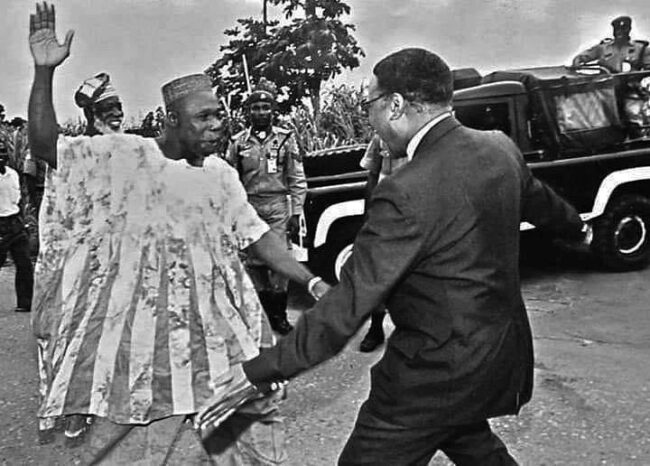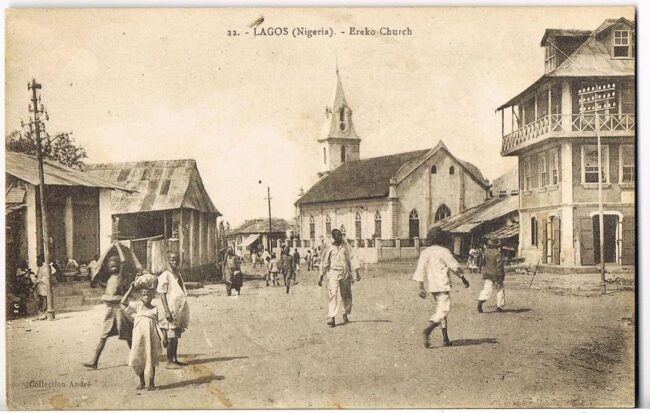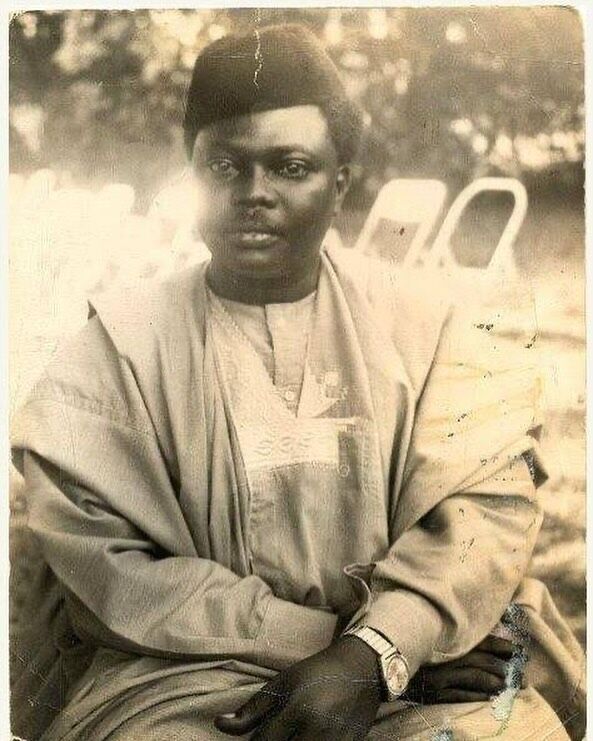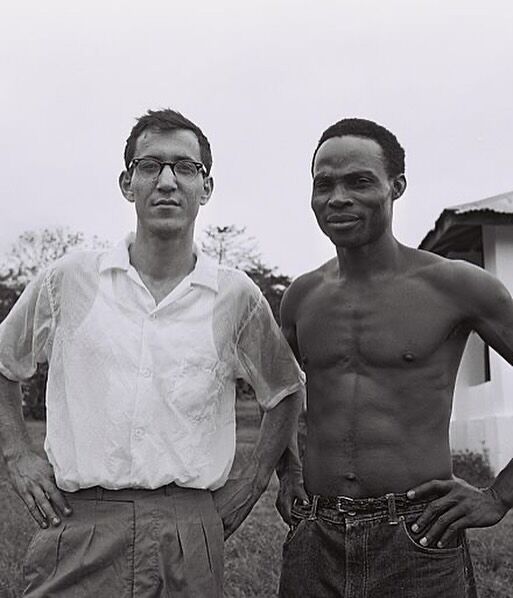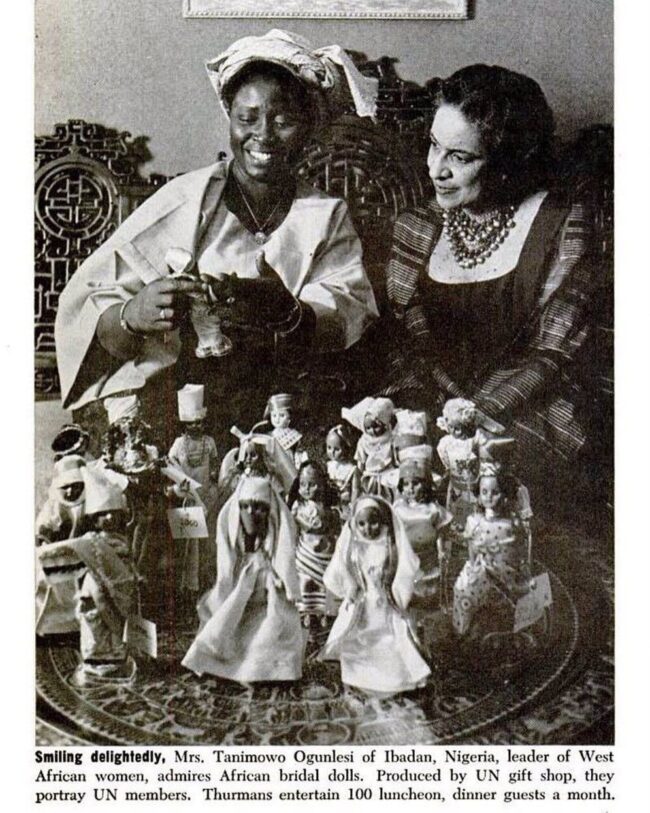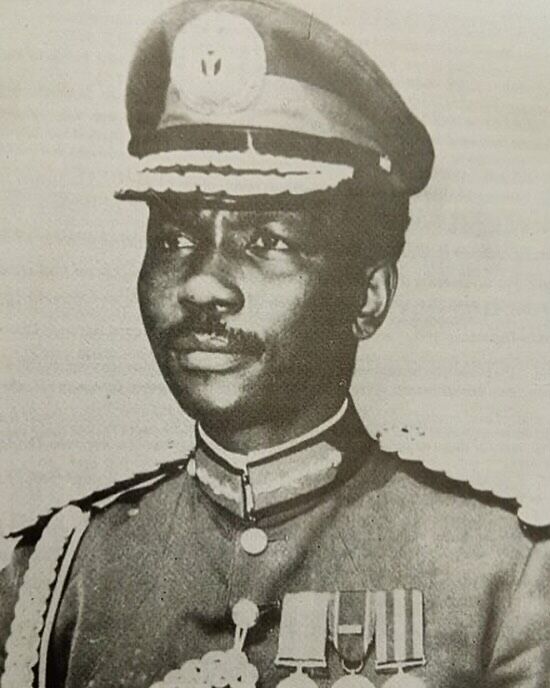It is well knowledge that Maryam Babangida died twice. When her husband assumed the presidency in 1985, Maryam Babangida and her kids relocated to Lagos’s Dodan Barracks. To make the rooms more appropriate for formal banquets, she had to arrange for extensive modifications. One of the main sites taken in Gideon Orkar’s April 1990 coup attempt against Ibrahim Babangida was Dodan Barracks. Babangida was inside the barracks at the time of the attack, but he was able to flee by another path. She transformed the ceremonial position of First Lady of Nigeria from 1985 to 1993 into an advocate for women’s rural development. In 1987, she established the Better Living Programme for Rural Women, which gave rise to several co-ops, cottage businesses, markets and stores, farms and gardens, women’s centers, and social welfare initiatives. The Maryam Babangida National Centre for Women’s Development was founded in 1993 with the goals of educating, empowering, and doing research on women’s emancipation. On November 15, 2009, there were rumors circulating that the former first lady had passed away from difficulties stemming from terminal ovarian cancer while confined to a hospital bed at the University of California, Los Angeles (UCLA) Jonsson Comprehensive Cancer Center. But the former president’s adviser declared, “Mrs. Maryam Babangida is alive. She chuckled when I informed her about the death rumors going around in Nigeria, claiming that the people circulating them would perish before her. Finally, on December 27, 2009, Maryam, then 61 years old, passed away in a Los Angeles, California, hospital from ovarian cancer. As she passed away, her spouse was by her side. David Mark, the president of the Nigerian Senate, reportedly started crying when he heard the news. Governors Ifeanyi Okowa and Aminu Waziri Tambuwal dedicated the Maryam Babangida Way in Asaba, the capital of Delta state, on March 19, 2020, thus perpetuating the memory of Maryam Babangida.

